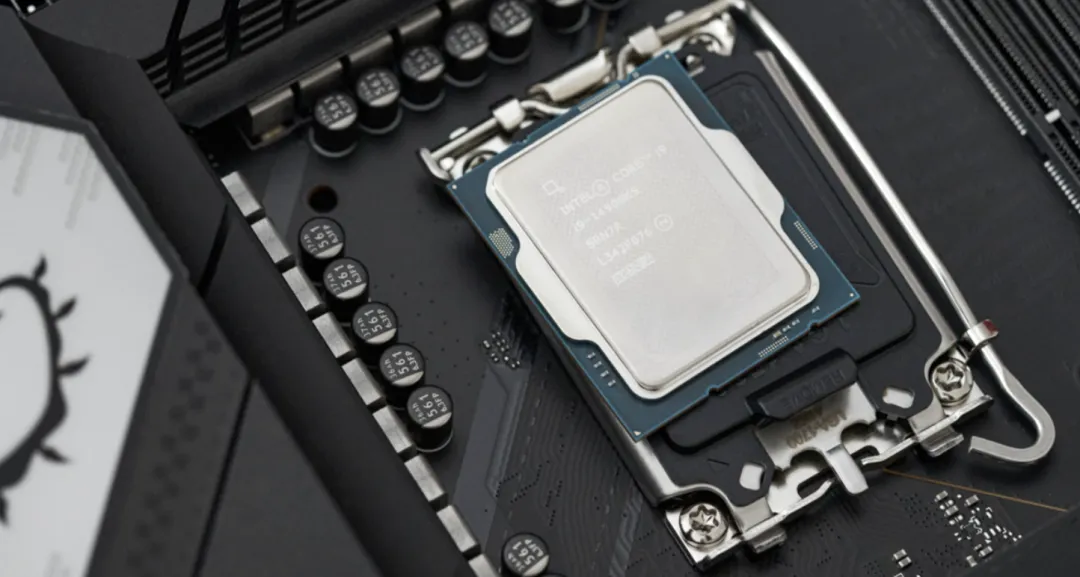Intel recently released a new BIOS update aimed at addressing stability issues encountered during gaming with their 13th and 14th generation Core processors. Major motherboard manufacturers have rolled out this new BIOS, which features the "Intel Default Settings" profile. This profile works to reduce the likelihood of instability by lowering the core voltage and limiting the processor's boost margin. Despite these measures, the update doesn't completely resolve the issue; it merely lowers its probability and may lead to some performance degradation.

A report by Igor's LAB, citing leaked internal documents, sheds light on the root cause of these stability problems. It turns out that an incorrect value in the microcode algorithm for the Enhanced Turbo Velocity Boost (eTVB) function at high temperatures leads to increased frequency and voltage, compromising the processor's reliability. The affected platforms include the Raptor Lake-S and Raptor Lake Refresh-S processors.
The eTVB technology, designed for Raptor Lake-S processors, aims to optimize CPU performance by automatically overclocking the processor cores beyond the maximum RWI frequency, depending on thermal capacity and power consumption. Essentially, if the processor is cool enough and has adequate power, eTVB can boost the clock frequency to enhance performance for short-term, compute-intensive tasks. This feature is especially beneficial for games and applications requiring high burst speeds.
The primary manifestation of this problem is in Core i9 processors. Failure analysis has revealed that the minimum operating voltage of these affected processors changed due to a cumulative increase in core voltage. Intel's investigation identified that the elevated input voltage stemmed from previous BIOS settings that allowed the processor to operate at overclocked frequencies and voltages, even at high temperatures. Previous generations of Intel K-Series processors were less sensitive to such settings because they had lower default operating voltages and frequencies.
To tackle this issue, Intel has advised all customers to update their BIOS to microcode version 0x125 or later by July 19, 2024. This updated microcode includes a fix for the eTVB, improving processor stability by preventing it from entering a higher performance state when the temperature exceeds the eTVB threshold.
The objective of this BIOS update is to enhance the stability of Core processors in high-temperature environments. Intel is optimistic that these measures will secure a more stable and reliable user experience in gaming and other high-load applications.